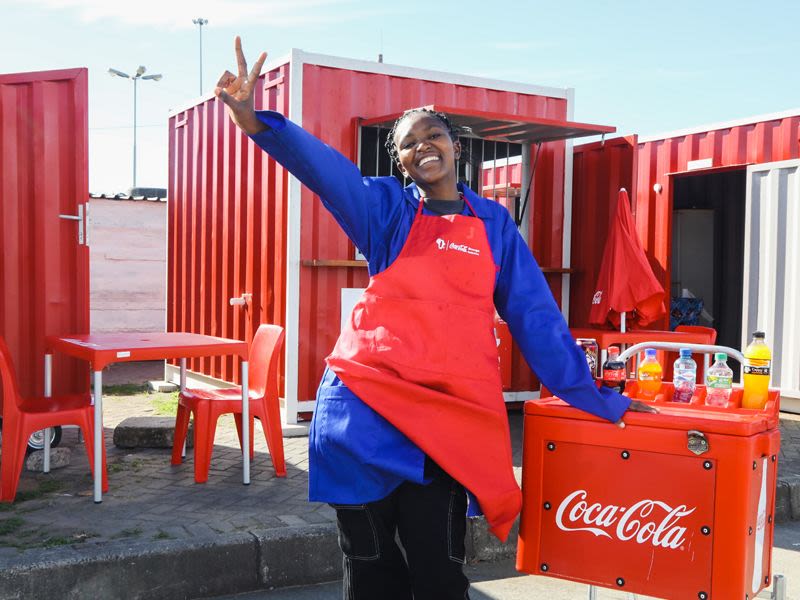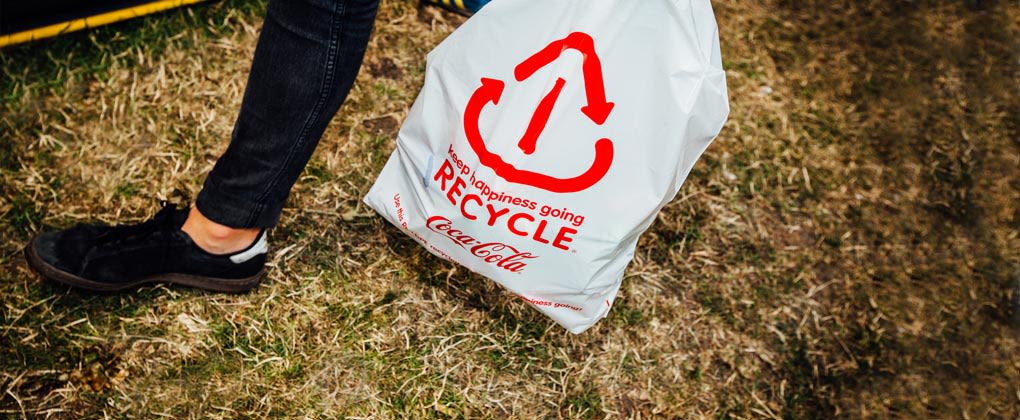Coca-Cola water stewardship in South Africa
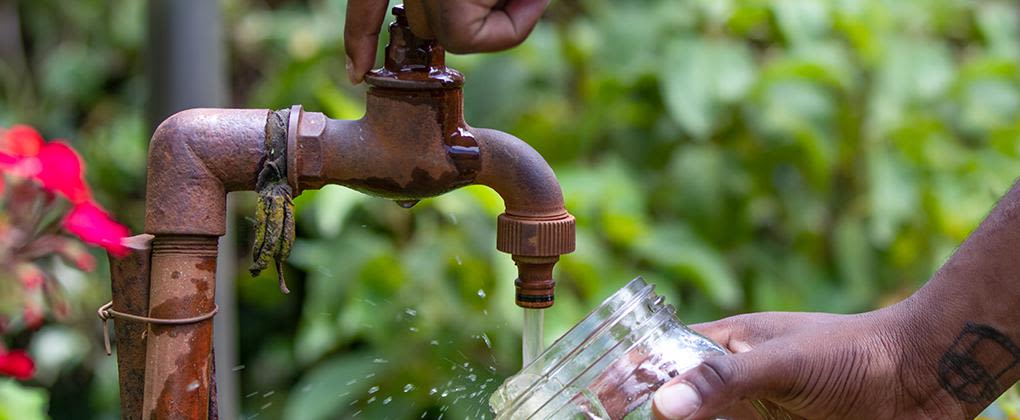
Securing long-term water access and replenishing the water back to communities and nature is intricately linked to many countries’ economic prosperity and socio-economic development. With the increase in population growth across the world including South Africa’s, population rate of 1.2% annually, many governments’ ability to deliver clean water resources to citizens is becoming more and more challenging, especially with surface water resources experiencing increasing strain. This is also exarcebated by the contamination of water sources.
Currently, 63% of South Africans live in urban centres, which is expected to increase to 80% by 2050. Over the last decade, however, several major economic centres in South Africa faced severe droughts, which has unfortunately escalated.
Part of the answer lies in education and awareness about responsible use of water and leveraging the groundwater water source, which constitutes between 12,5% and 20% of South Africa's total water use. Groundwater is an underutilised resource that can assist the highly stretched surface water resources and alleviate the pressure on ageing municipal infrastructure. While groundwater use has increased by an average of 0,6% per year during the past three years, only about 40% (or three billion cubic metres per year) has been accessed.
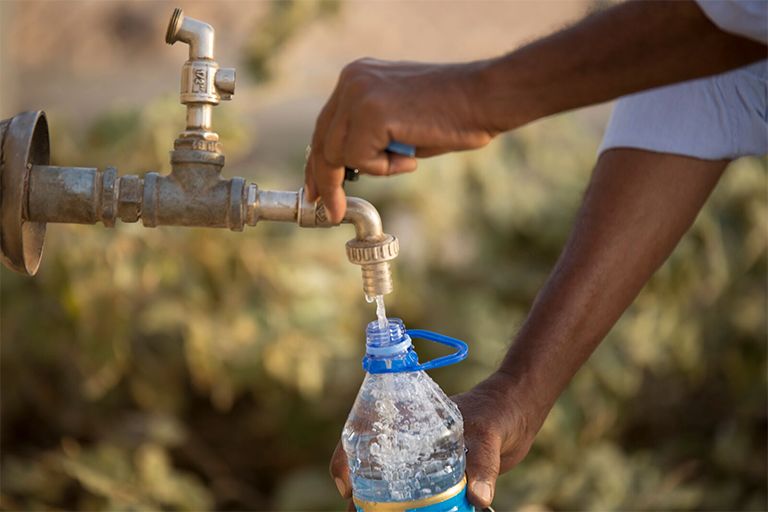
The Department of Water and Sanitation (DWS) is stepping up efforts to explore the use of groundwater as an "alternative water source to ensure water security in communities affected by water supply challenges". According to the department, not only do many indigenous communities rely on groundwater – in conjunction with surface water – as their sole source of supply, but more than 320 towns do so as well.
Coca-Cola's 2030 water stewardship strategy acknowledges the shared water challenges, the interconnection of water, and other priority goals. Its vision is to improve water security by improving water availability, quality, access, and governance. The strategy prioritised three critical pilars : reducing shared water challenges globally, enhancing community water resilience (with a focus on women and girls), and improving the health of priority watersheds.
Coca-Cola in South Africa has championed the company's drive to be a global leader in water stewardship. With its bottling partners, Coca-Cola Beverages South Africa (CCBSA) and Coca-Cola Peninsula Beverages (CCPB), the mantra over the past ten years – "Reduce, Recycle and Replenish" – has been to set the benchmark in shared water management inside and outside its operations. In January 2022, the Coca-Cola Africa Operating Unit (AOU) and its bottling partners launched JAMII, an Africa-focused sustainability platform comprising existing and new sustainability initiatives. The platform incorporates the water stewardship strategy, among other sustainability priorities.
In light of this, one of the company's water stewardship initiatives addressed one of these challenges by establishing a network of groundwater harvesting and treatment facilities to provide millions of litres of water to water-distressed communities around the country. Named the Coke Ville Project and launched two years ago by CCBSA, it is the first off-grid, solar-powered groundwater harvesting and treatment project to contribute toward water provision in indigent communities.
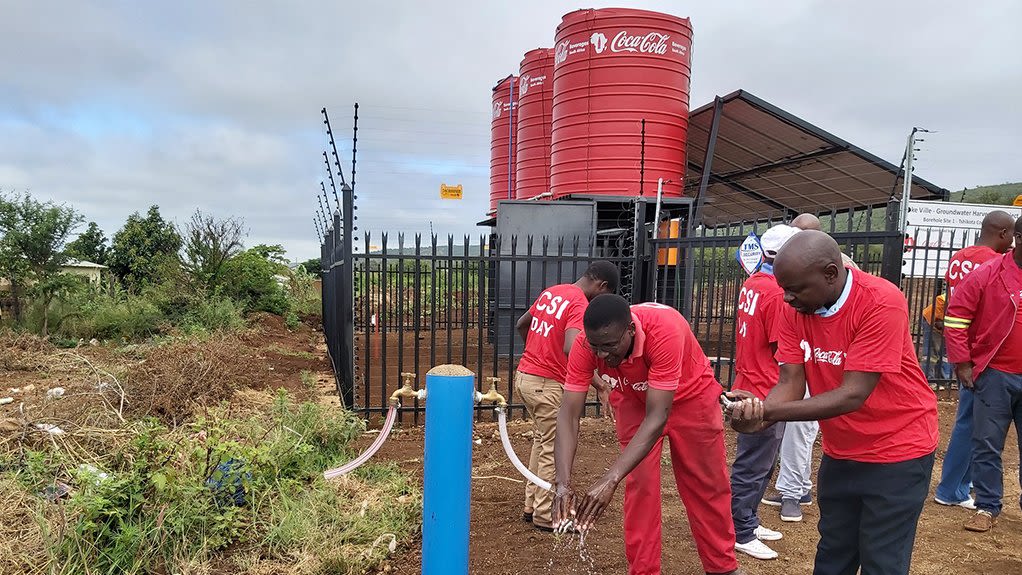
To date, the project has benefited more than 15,000 households in urban and peri-urban communities across nine sites in Limpopo, Eastern Cape, Gauteng and KwaZulu-Natal, with a projected 12 more systems planned for this year, with the most recent launch in Walmer, Nelson Mandela Bay, Gqeberha.
Another Coca-Cola bottler, Coca-Cola Peninsula Beverages' (CCPB) located in the Western Cape,focus, has been on water efficiency and reducing its water use ratio to production across its bottling plants for over 11 years. In recognition of their continued search to find solutions to conserve water and limit water pollution, CCPB was awarded a 5-star rating by the City of Cape Town for water preservation in 2019.
As water is a key ingredient – and critical resource in the supply chain – in every beverage made, Coca-Cola’s sustainablility efforts are aimed at returning to nature and communities an amount of water equivalent to what is uses in finished beverages. To measure this, Coca-Cola, enlisted the support the Nature Conservancy and consultants, LimnoTech to develop the method to estimate the amount of water returned to nature and communities through water stewardship projects. This foundational methodology is now used to support hundreds of water projects globaly, and is an integral part of Coca-Cola’s “replenish” goal.
The company’s water stewardship strategy focuses on actions within our plants – to minimise the water use to production ratio and to comply with waste water treatment and replenishment – and externally to help improve access to water within communities close to our sites, improving water use in the farming sector and protecting watersheds.
Alien invasive plants consume millions of litres of water yearly in these areas, resulting in water shortages and permanent loss to an already stressed water system. As recognised by the Department of Forestry, Fisheries and Environment (DFFE), removing thirsty invasive alien plants is essential to securing South Africa's water supply – both in cost-effectiveness and economic empowerment opportunities.
Coca-Cola and The Coca-Cola Foundation (TCCF) continue to support these efforts by investing strategically in the country's future water supply. Beginning in 2022, TCCF invested in four new projects that will remove "thirsty" invasive alien plants from critical water catchment areas feeding major cities and towns across the country. It is envisaged that these projects will help to return precious litres to nature. The projects target water-stressed downstream urban areas and will implement upstream nature-based solutions.
Coca-Cola will continue to make a difference in the communities in which it operates in, through the provision of access to safe drinking water and sanitation for vulnerable communities.

Explore the rest of the Coca-Cola Journey
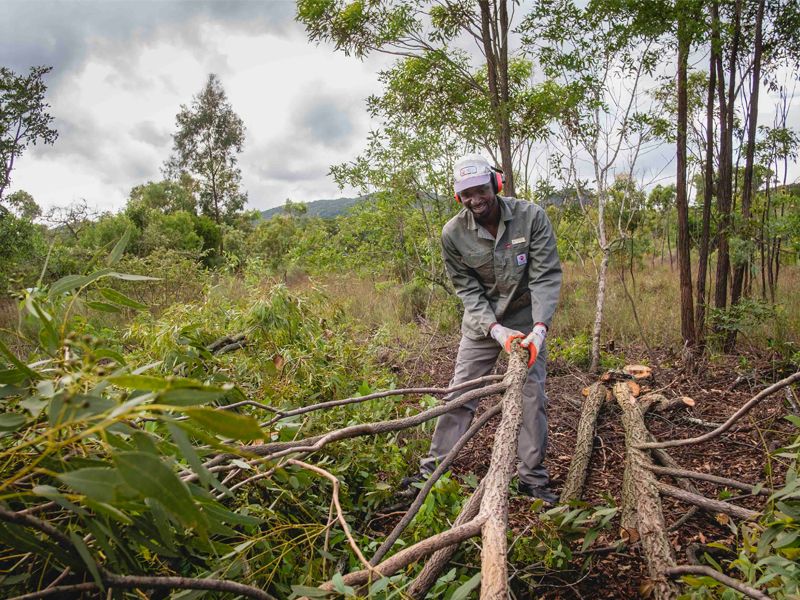
Introduction to the Coca-Cola System and the company purpose
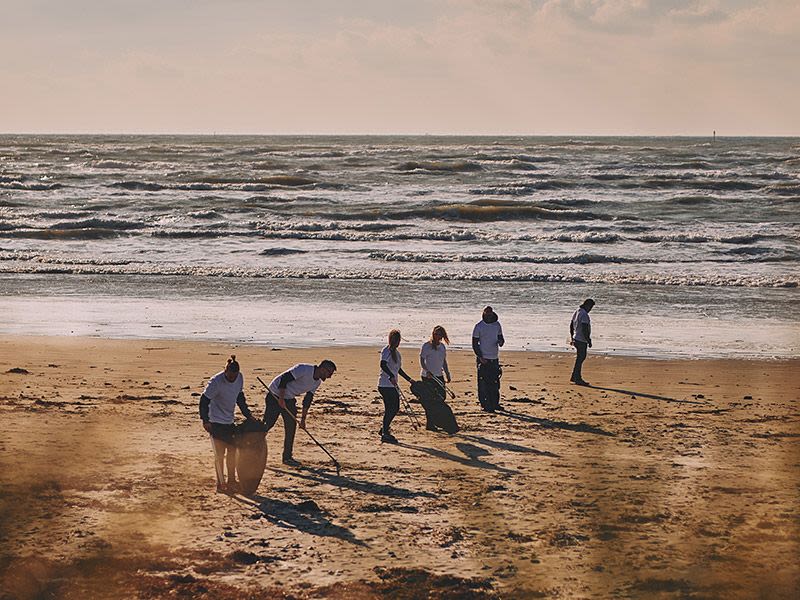
Waste Management
